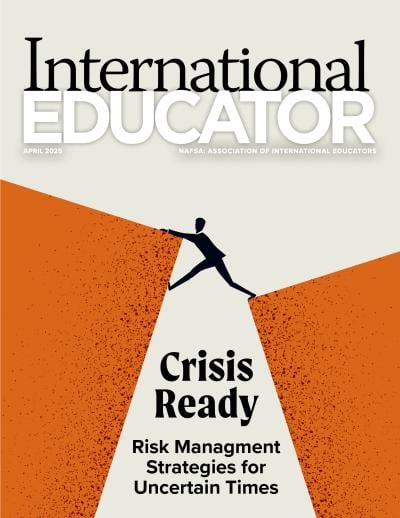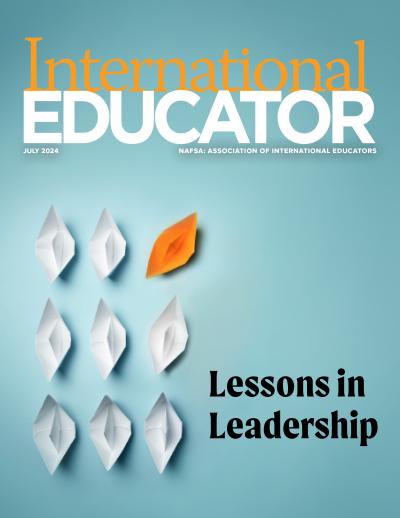InBrief: May + June 2013
In this issue: accreditation of MOOCs; protests over education reform in Hungary; Journal of Studies in International Education; Asia as a new frontier for Spanish; the factors that motivate and deter study abroad students; the MasterCard Foundation Scholars Program; the rise in British students in the United States; and the value of intercultural skills in the workplace.
Milestone for Accreditation of Massive Open Online Courses (MOOCs)
In February 2013, the American Council on Education (ACE) endorsed five Massive Open Online Courses, or MOOCs, for credit. The courses include “Introduction to Genetics and Evolution” and “Bioelectricity: A Quantitative Approach” from Duke University, “Pre-Calculus” and “Algebra” from the University of California-Irvine, and “Calculus: Single-Variable” from the University of Pennsylvania. Many in the field of higher education view this as a significant step in the movement toward integrating MOOCs into the higher education system. When ACE approves a course for credit, it is essentially recommending to its 1,800 member institutions that they award credit to students who have successfully completed the course.
Yet there’s no guarantee that colleges and universities will accept the MOOCs for credit. Academic institutions have the final say as to whether they will accept a course completion for credit, and many are hesitant to take this step as they are unsure of the long-term implications related to integrating MOOCs into higher education. Among the major concerns are how MOOCs will affect university revenues and how to ensure that the courses meet academic standards.
Despite these concerns, however, many in the











